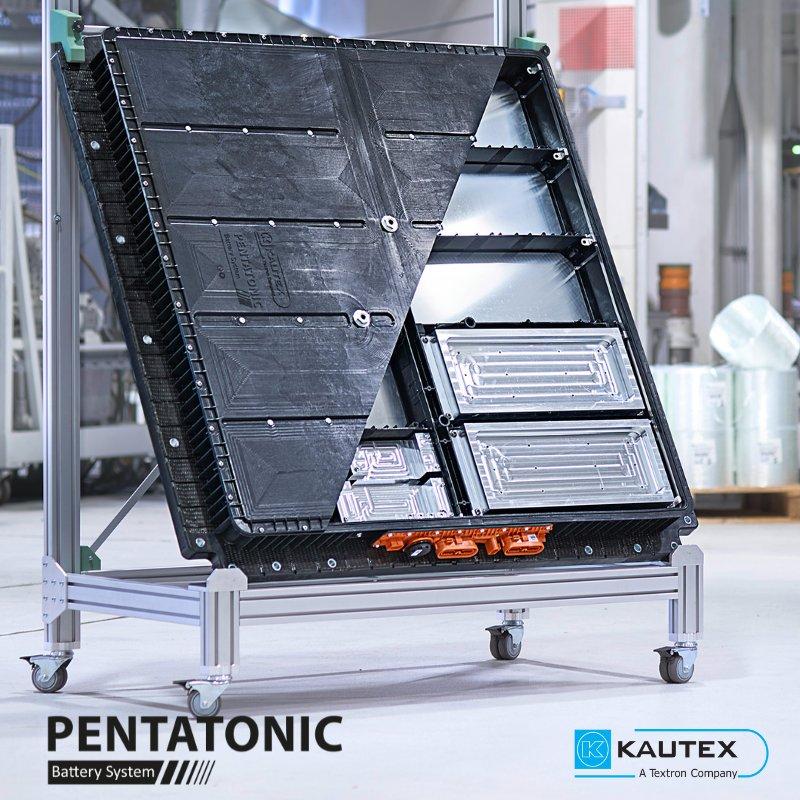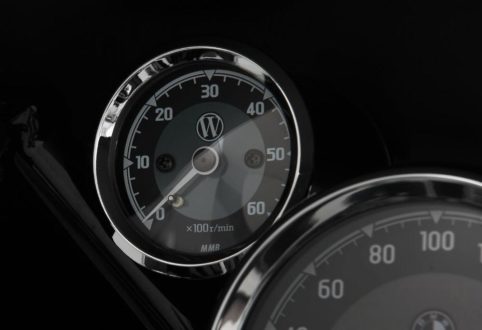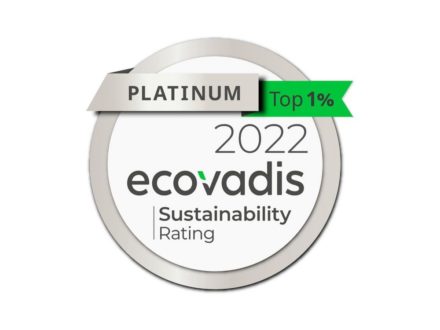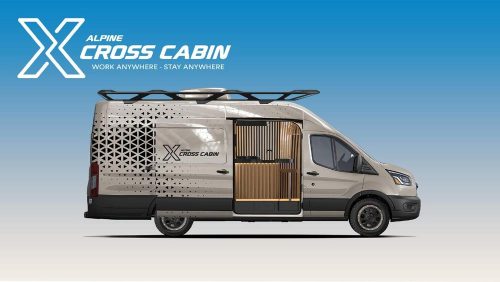
Farasis Energy researches for increased safety of electric vehicles
The three-year project, funded by the German Federal Ministry for Economic Affairs and Climate Action, started in July 2023.
Plastic enclosures have many advantages over metal enclosures. They are lighter, more sustainable, and cheaper to produce, and have better electrical insulation. In the event of a damaged cell, the battery housing can be exposed to enormous thermal loads if thermal runaway of individual cells occurs due to the damage and, in the worst case, this reaction spreads to adjoining cells (thermal propagation). The battery housing has a high safety-relevant function in this case, as it contains the spread of the resulting hot gases and particles. One challenge, however, is proving its safety, which is complex and expensive.
Research for safe integration
This is where the SiKuBa project comes in. The formation and propagation of hot gas and particle flows and their interaction with structural elements are to be analyzed experimentally and transferred to simulation models, which will lead to increased cost- and time-efficiency in the development phase. It will also be possible to assess battery safety regarding load case scenarios, materials, and component design.
Fundamental effects are investigated at laboratory level, including thermomechanical material behavior and cell degassing. The knowledge gained is integrated into simulation models and finally validated by physical tests on a demonstrator housing that closely resembles the planned product. The simulation methods developed not only enable significant time and cost savings during the development phase, but also a comprehensive assessment of battery safety under a variety of different load case scenarios, materials, and component design.
Benefits for future product development
Farasis Energy, together with its partners, will develop a detailed model for simulating thermal runaway or enhance the existing models within the company. In future development processes for module and pack projects, the insights gained from the developed simulation model will be utilized to expedite development and save on costly testing. Additionally, these simulation models enable the company to achieve a quicker and safer integration of plastic-based module and pack enclosures.
*SiKuBa is the abbreviation of “safe and sustainable plastic-based battery housings”.
Farasis Energy is a leading developer and manufacturer of high-performance lithium-ion battery technology and pouch cells for electric mobility and other sustainable power storage solutions. Founded in 2002 by Dr. Keith Kepler and Dr. Yu Wang in California, the company now operates research and development centers in China, Germany, and the United States. There are currently two production facilities in Ganzhou and Zhenjiang (China), with further production facilities being built by 2025, thereby increasing total planned capacity to 145 GWh/a. A new battery plant is also being built in Gemlik (Turkey) with the establishment of the Siro joint venture between Turkish electric car manufacturer Togg and Farasis Energy, which produces modules and packs since March 2023. With more than twenty years of experience in research and development and with nearly 300 patents, Farasis Energy is shaping the future of electric mobility as a pioneer. In addition to Togg, its major strategic partners also include companies such as Mercedes-Benz and Geely.
For further information please visit www.farasis-energy.com
Farasis Energy
21363 Cabot Blvd
USAHayward CA 94545
Telefon: +49 (0)7022 789 4484
https://en.farasis.com
Marketing & Communications Manager Europa & USA
Telefon: +49 (0)7022 789 4484
E-Mail: press@farasis.com
![]()




